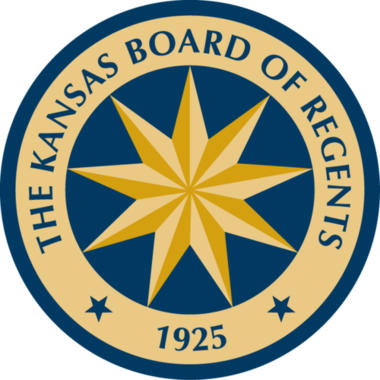Kansas Board of Regents groups study Title IX, increasing college degrees

LAWRENCE, Kan. (AP) — The Kansas Board of Regents has approved a working group to study how the state's universities respond to sexual violence and other sex-based discrimination issues. A separate group will consider whether to find and encourage Kansans with some college credits but no degree to return to school.
The regents approved the formation of both groups during meetings this week, The Lawrence Journal-World reported (http://bit.ly/1WJ4euI ).
The group studying sex-based discrimination protocols will meet quarterly and suggest solutions to university presidents.
"A working group made up of the university Title IX coordinators could elevate the importance of this topic and give coordinators an additional avenue for working together to discuss best and promising practices and to learn from each other on an ongoing basis," the recommendation from the Regents Governance Committee said. "There is currently some cross-training and sharing of information, although it appears to have been sporadic."
Regents chairman Shane Bangerter suggested the group should include university attorneys to give the schools the best legal strategies for handling litigation in such cases.
The University of Kansas and Kansas State University were each sued this spring by women who said the universities did not adequately respond to reports that they were raped on campus or at fraternities. The two universities also are among several being investigated by the federal government for how they handled complaints under Title IX, which prohibits sex-based discrimination in education and requires universities to investigate and adjudicate cases of sexual harassment, sexual violence and intimate partner violence.
The regents expressed some concerns about work by the second group to encourage Kansans to return to college. It is expected to make a recommendation in October on whether to launch a statewide initiative.
"This goal to me is one that's critical but it's really, really hard," Regents President and CEO Blake Flanders said. "The for-profit sector has probably targeted this group more than our public system."
Flanders said people who left college without a degree are harder to locate and contact and the reasons they didn't complete college may still exist.
An estimated 38,000 Kansans have some college credit but no degree, although the number is probably larger, said Gary Alexander, regents vice president for academic affairs.
"We do need to think critically about the kinds of supports and the kinds of advising that are needed for returning adults," Alexander said. "There are many examples of failures."
___
Copyright 2016 The Associated Press. All rights reserved. This material may not be published, broadcast, rewritten or redistributed.
The Gayly - 5/22/2016 @ 2:40 p.m. CDT





